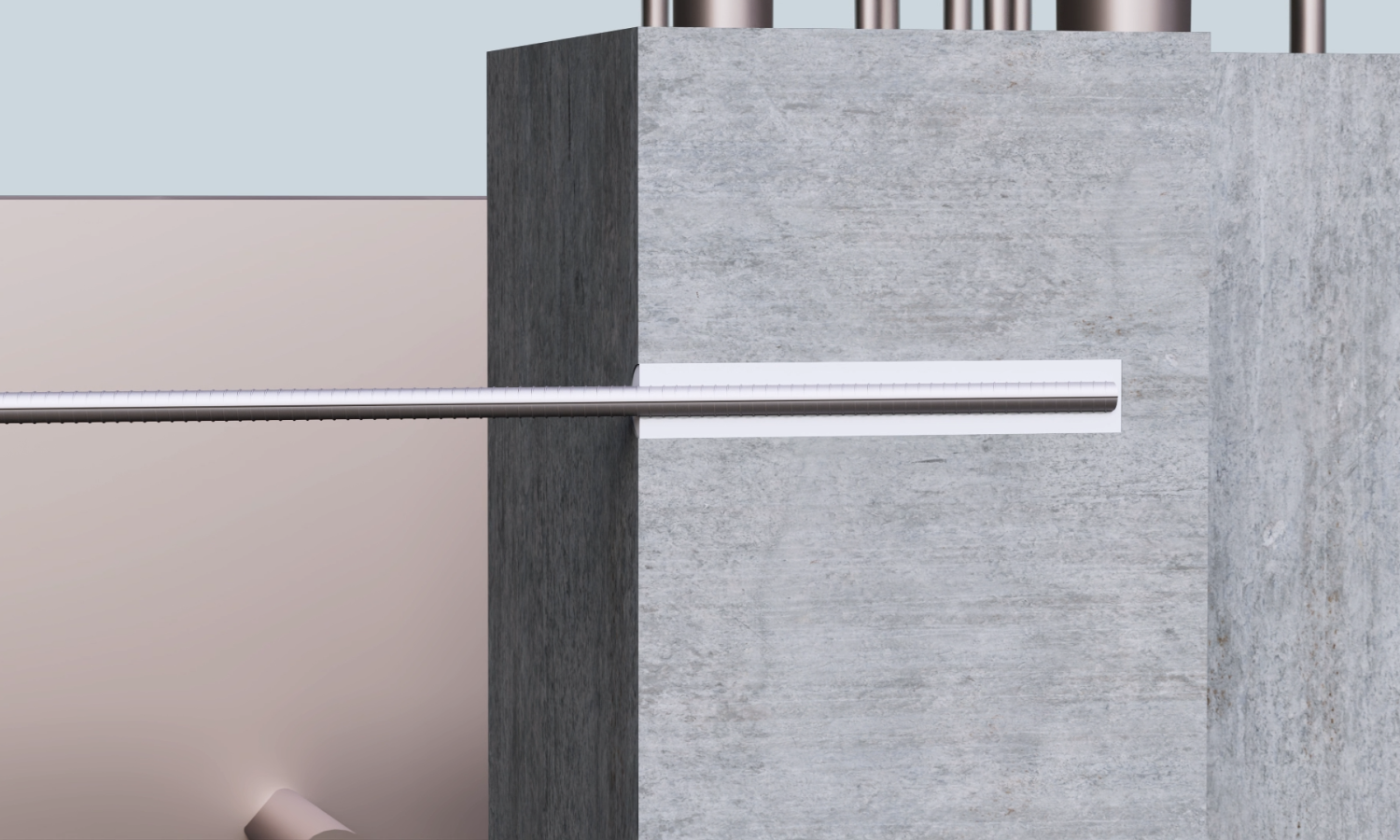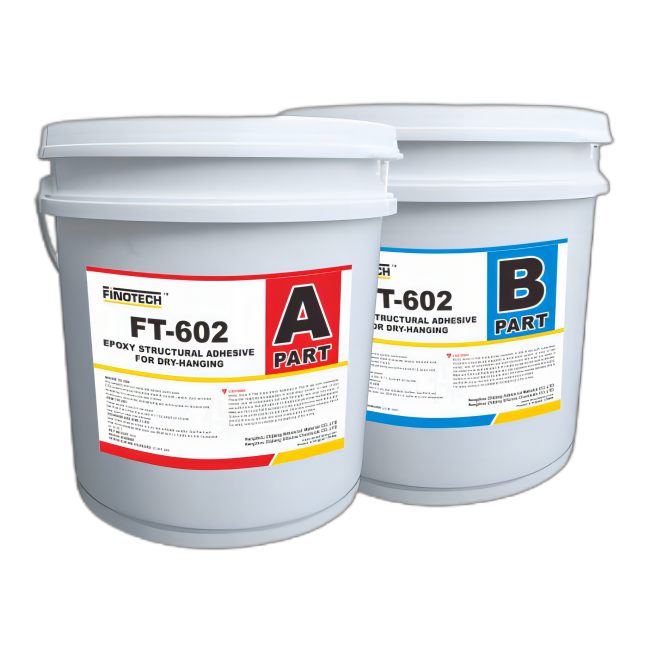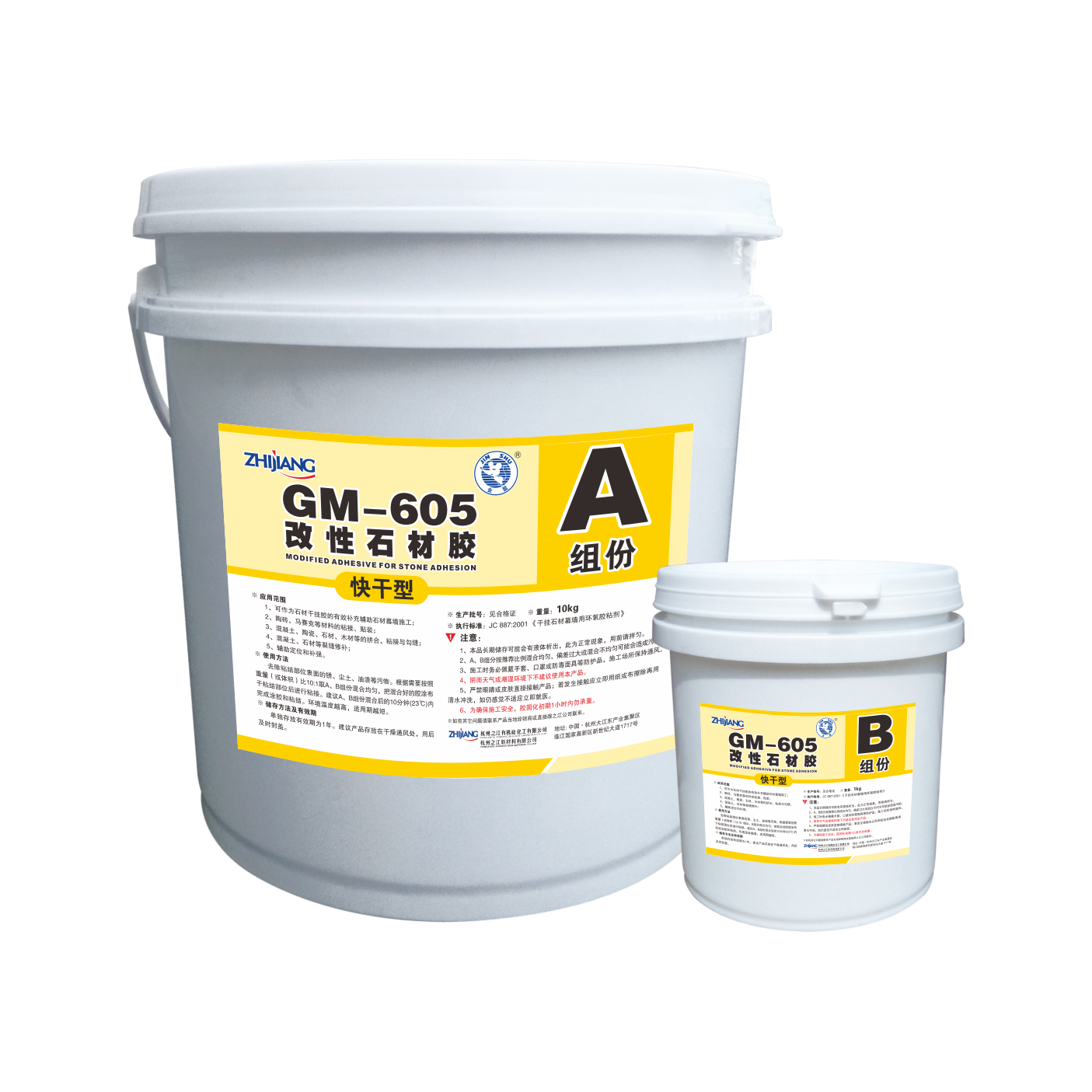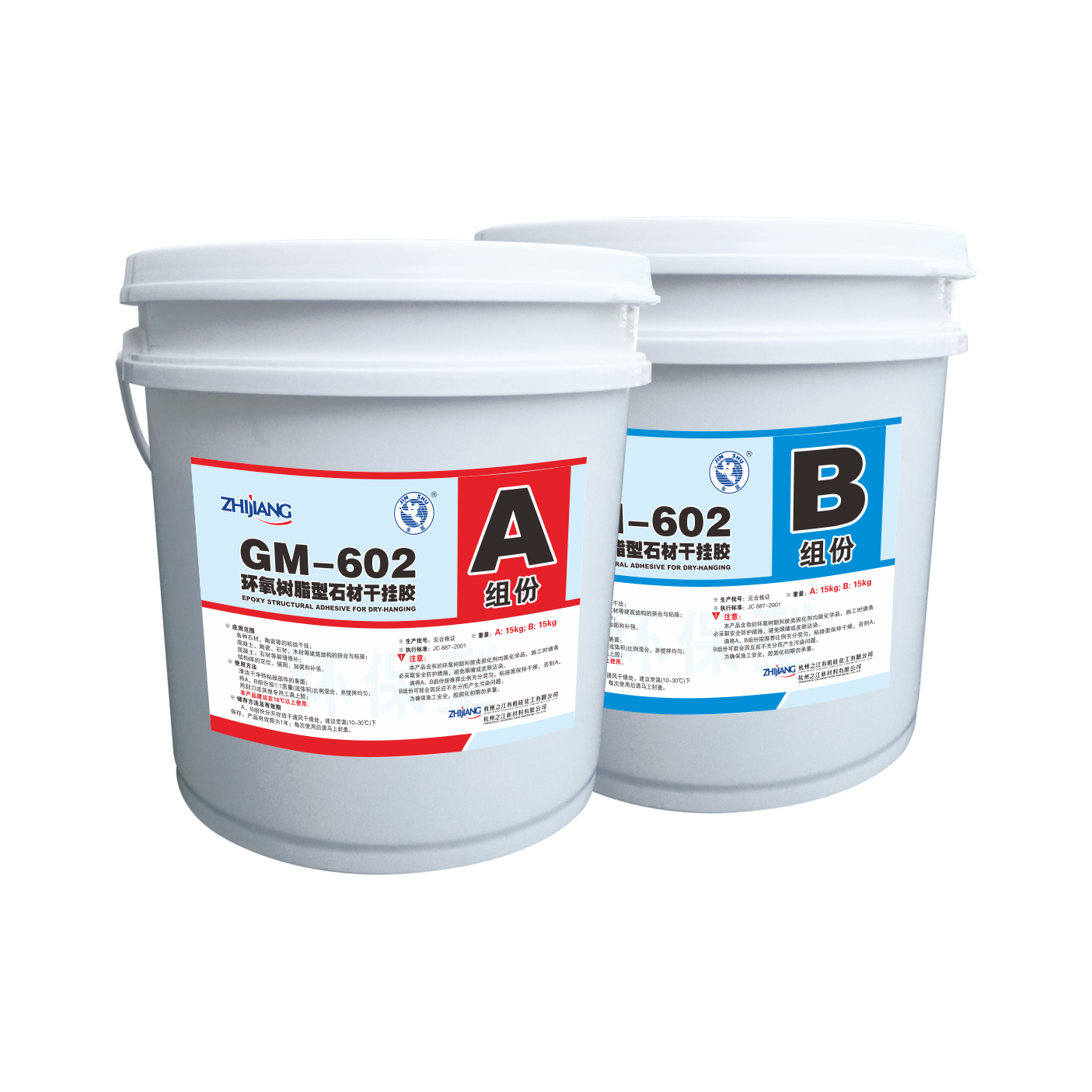Building Reinforcement Solutions
Make buildings younger and more vibrant
Building reinforcement is the use of carbon fiber, bonded steel, and high-pressure grouting to strengthen and strengthen buildings. This technology is widely used for design changes, including the addition of beams, columns, cantilever beams, slabs, and other reinforcement and modification projects.
Among them, planting steel bars is a connection technology that utilizes the gripping force of structural adhesive lock keys for post anchoring of steel bars in seismic reinforcement engineering of building structures. It is the best choice for structural planting steel bar reinforcement and heavy load fastening applications. Before the promotion of epoxy resin reinforcement adhesive, the connection of construction projects mainly relied on breaking the original concrete protective layer, and then welding the new steel bars firmly with the exposed original steel bars. Although this method effectively ensures that the new and old concrete can bear the same force, the construction project is relatively cumbersome, and it can also cause certain damage to the entire building during the process of damaging the original steel reinforcement protection layer. It is not the best choice for building reinforcement and reinforcement. The appearance of epoxy resin rebar planting glue makes the rebar planting technology have the outstanding advantages of safety, reliable quality, simple and fast construction, and beautiful anchoring effect. It is not only applicable to the upgrading and reinforcement of existing concrete projects and the connection of new and old concrete structural join, but also loved by construction operators and owners in new concrete structures.
Bonding steel reinforcement refers to the bonding of steel plates on the surface of reinforced concrete flexural members in areas where the member is under stress (normal section tension zone, normal section compression zone, or inclined section), which can improve the bearing capacity of the reinforced member and facilitate construction. Use building structural adhesive to tightly bond steel plates (profiles) with concrete, and integrate the reinforcement with the reinforced body. The curing time of the structural adhesive is short, and after complete curing, it can work normally under stress.
Carbon fiber reinforcement refers to the use of epoxy resin to prepreg carbon fibers with extremely high tensile strength into composite reinforcement materials (unidirectional continuous fibers); Apply epoxy resin adhesive along the tensile direction or perpendicular to the crack direction to the structure to be reinforced, forming a new composite. The reinforced adhesive material and the original reinforced concrete will work together to increase the crack or shear resistance of the structure, and improve the strength, stiffness, crack resistance, and elongation of the structure. Compared with traditional reinforcement methods such as increasing the cross-section of concrete or bonding steel concrete, carbon fiber has the advantages of space saving, simple construction, no need for on-site fixed facilities, easy construction quality assurance, basically no increase in structural size and self weight, good corrosion resistance, and durability. In addition, using this construction method can greatly improve the service life of buildings and reduce reinforcement costs.
The crack repair method using epoxy structural adhesive is low-pressure injection repair. The epoxy structural repair adhesive is injected into the crack through a professional injection nozzle, which not only fills the crack but also serves as structural reinforcement.
Advantages
JS-811 steel bar anchoring adhesive
It has the advantages of fast curing, high strength, high adhesion, high drawing, good environmental protection, good anti-aging performance, convenient construction, etc. It has passed the test of the standard GB 50728-2011 Code for Safety Appraisal of Engineering Structure Reinforcement Materials, and has the test report of Class I Grade A adhesive issued by the National Chemical Building Materials Test Center.
JS-818 underwater reinforcement adhesive
It has the advantages of rapid underwater curing, good corrosion resistance, good aging resistance, high strength, high adhesion, high drawing, good environmental protection, convenient construction, etc. It has passed the test of GB 50728-2011 Code for Safety Appraisal of Engineering Structure Reinforcement Materials, and has the test report of Class I and Class A glue issued by the National Chemical Building Materials Test Center.
JS-821 epoxy high-performance steel adhesive
It has the advantages of fast curing, high strength, high adhesion, good environmental protection, good anti-aging performance, convenient construction, etc. It has passed the test of the standard GB 50728-2011 Code for Safety Appraisal of Engineering Structure Reinforcement Materials, and has the test report of Class I Grade A adhesive issued by the National Chemical Building Materials Test Center.
JS-822 epoxy high-performance structural pouring adhesive
It has the advantages of fast curing, high strength, high adhesion, low viscosity, good fluidity, good anti-aging performance and convenient construction. It has passed the test of the standard GB 50728-2011 Code for Safety Appraisal of Engineering Structure Reinforcement Materials, and has the test report of Class I Grade A adhesive issued by the National Chemical Building Materials Test Center.
JS-831 epoxy high-performance carbon fiber impregnated adhesive
It has the advantages of fast curing, high strength, high adhesion, low viscosity, good wettability, good anti-aging performance, and convenient construction. It has passed the test of the standard GB 50728-2011 Code for Safety Appraisal of Engineering Structure Reinforcement Materials, and has the test report of Class I Grade A adhesive issued by the National Chemical Building Materials Test Center.
JS-851 epoxy high-performance structural sealant
It has the advantages of fast curing, high strength, high adhesion, lower viscosity, good repair effect of deep cracks, good anti-aging performance, and convenient construction. It has passed the test of the standard GB 50728-2011 Code for Safety Appraisal of Engineering Structure Reinforcement Materials, and has the test report of Class I Grade A adhesive issued by the National Chemical Building Materials Test Center.
JS-852 epoxy high-performance sealing adhesive
It has the advantages of fast curing, high strength, high adhesion, good aging resistance, good sealing effect, and convenient construction. It has passed the test of the standard GB 50728-2011 Code for Safety Appraisal of Engineering Structure Reinforcement Materials, and has the test report of Class I Grade A adhesive issued by the National Chemical Building Materials Test Center.
Main Products

















